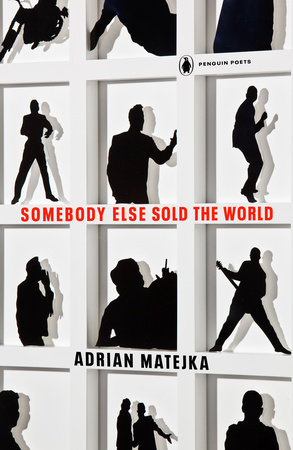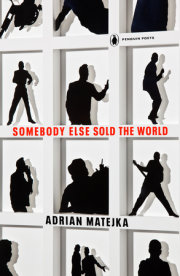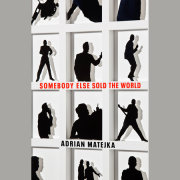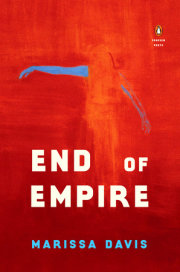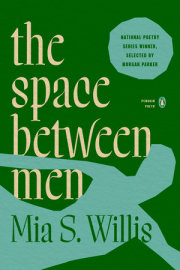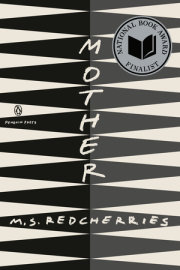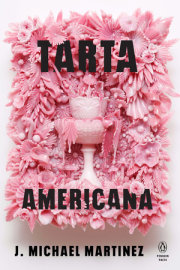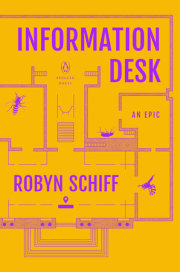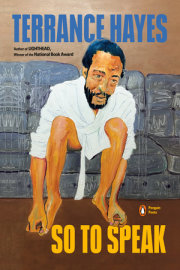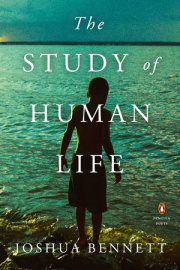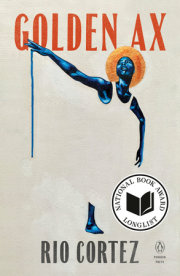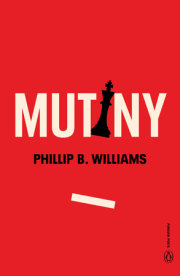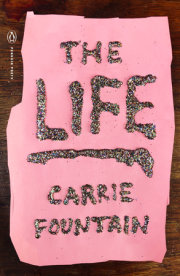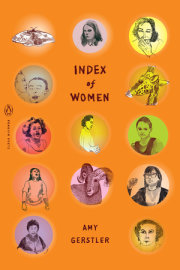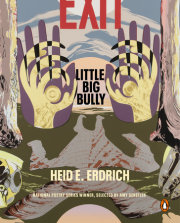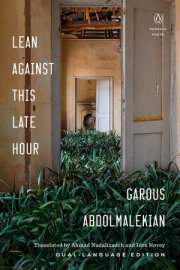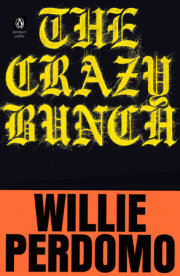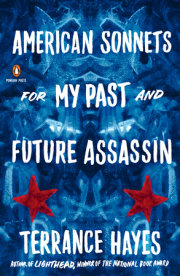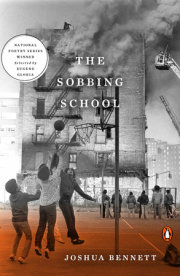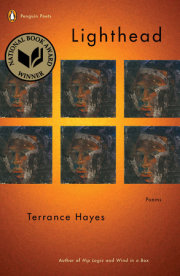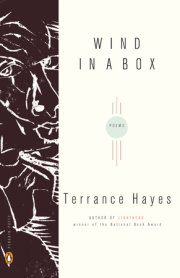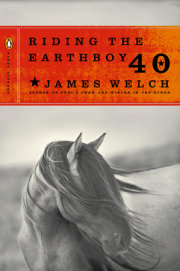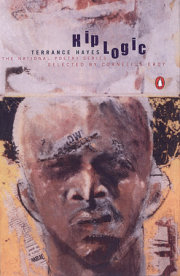somebody else sold the world
& before I knew it, the violet sky
flagged with the sun’s violent
demands: for magnolias in bloom,
natural light, any place magnanimous
without locks or doors. Different
kinds of masks for being & breathing.
The antagonists with their vanity tans
& usual mischiefs whistled jingles
about liberties & wars as we buttoned
up our confinement & dreamed about
hugging. We talked about was & when
when we missed our friends & dentist
appointments. Molars dropped out
without breathable air. Hair forgot
its natural colors without testimonies
at intersections & barbeques. Words
lost their family recipes. Friends lost
their words, then lost their parents.
A masked few found love somehow
in the gerrymandered grocery lines
& farmers’ fields upturned with unsellable
vegetables. So the antagonists cornered
the curfews, manufacturing arguments
with guns at the ready like henchmen.
The air around us was so ripe, it might
have broken in half if we could touch it.
on the b side
The song ends because the beginning
doesn’t jump-start again: red smudge
of a mouth, lipstick all over the place
like the afterthought a comet leaves
on its way out. What makes this moment
unfold like a woman raising herself
up from an unfamiliar couch? Honky-
tonk in the blue honey of an eyeball?
Perfume & its circus of heart-shaped
introductions? Innuendo always
stumbles in the lead-in, like a man
pawing around for his busted spectacles
after waking up in the world’s stubble.
Hand over hand he paws, through
guitar picks & record changers, busted
gut strings & clothing strung with
familiar vibrato outside the window.
He could be Bowie himself, exhausted
by skyscrapers cracked in the aftermath
of a smile. His eyes aren’t different
colors. They just have different focuses.
He could be a whole lot of nothing:
thinning hair, low change in his right
pocket jingling down the stairs.
He was given all of it & stole the best
of the rest. Even without glasses,
he sees her nearly dressed: 33 1⁄3 rpm
stacticky in the lead-out’s harmony.
it was over way back then
because of want & tumble?
Because of word crumbles
in the kitchen’s halogen?
No. Separate bedrooms
for years & here I am again:
up top in the kitchen light,
out front with a burnished
stove & the microwave’s
immaculate readouts. Up
here, my crosscut hands
greet the butter knife before
the big spread. What I want
now is a better ideogram
for instead after the skull
& crossbones on the pill bottles.
What I want is a bucket for
my panics & justifications.
My coddled addendums
downtagged on the sales table
each & every spring. Here
we go with that old seasonal
bullshit again. Earphones on
so your eardrums don’t get
punched out near the exit.
Tom Fords on, too, just
for the flex of it. Is it
too much to ask for quiet
after all my losses in this
insistent chorus of renew?
Is it too much to be momentary
in the morning grass, suede
kicks beaten up by the dew?
haul
I used to live in a sandstone house
wrapped up in flowers. They weren’t
tall like Neruda’s in his city next
to the sea. My flowers quickstepped
like the town I walked the dog
through—little magentas, roses,
singsong rehearsals of sing-along
yellows & winking whites when
the right breeze kicked up. Out
in the yard, neighborly blossoms
falsettoed to the canopy each & every
spring. Suburb of aromatic layers,
trimmed hedges pollenating the windows
while my little girl gospeled down
the long stair of revelry. Glory be.
Her harmony bent me like a stark
song in the back talk. Euphonium
along the length of yawning houses,
those For Sale signs & empty
windows with timed lights. Every
thing sang its entropy. Almost
everybody grew eventually. Not by
revolution but realization: nostalgia
made mnemonic. What else could
I do after leaving that house other
than become part of the chorus?
Glory be my aberrant attendance,
still trying to itemize the litany
of sunstruck days the way
Sisyphus did, hauling his bundled
shipwreck up to the recycler
for a few copper coins & a smoke.
Glory be my busted, fatherly heart.
gymnopédies no. 1
That was the week it wouldn’t stop
snowing. That was the week five-
fingered trees fell on houses & power
lines snapped like somebody waiting
for payday in a snowstorm. That snow
week, my little girl & I trudged over
the busted branches fidgeting through
the snow like empty digits through
a hungry pocket. Over the termite-
hollowed stump, squat as a flat tire,
then up & over the hollow the fox dives
into when we open the back door.
That week glittered like a Christmas
card while we poked around for
the best place to stand a snowman.
A pinecone-nosed one. One with
thumb-pressed eyes to see the whole
picture once things warm up.
hearing damage
I had a trumpet shaped
like a downward heart
& I played it recklessly.
All of its dented iterations
of brass & bell. Three-
valve marginality.
Marching band possibility
pointing at the muddy
dirt. I had a double-talk
as slick & overachieving
as a kid trench-coated
with a boom box overhead
in the rain. His socks:
wet & ankle loose
in their blueness.
Argyle wonder caught
up in high school’s sloppy
gears, greedy for moments
of matriculated attention.
& none of it worked—
when the tape deck got
soaked, the tape stopped
playing. When the music
stopped, her shades
barked when they shut.
As if attention itself
magnetized, stretched
around eager reels, then
fed itself into the machine.
Click, click, click.
As if my bleating pleas
weren’t big trumpets
for attention, but gentle
half notes trimmed into
funny polyester hearts,
future palpitations of glory.
somebody else sold the world
So much yellow gold
on me like a beehive
—future
Everything goes better with gold
for the antagonists. They gild teeth
& toilet caps with it. They write
grocery lists & postscripts with it
while the rest of us cluster around
the jewelry shop hoping we’ll catch
a sale before it’s Valentine’s Day
again. Old traditions of huddling
against the elements learned
back in the butt-naked day, mewling
at the sky’s conditions. I’m jewelryless
& archaic, sure, still calling love
by its twentieth-century name.
I’m abiding by the general rituals
while making all the wrong choices
right next to a case full of pendants
blinking like my future paramour’s
eyes. I’m still looking upward, sure,
prayer hands folded on top of the leather
hymnal. Every one of my busted loves
chaptered & bound with gold leaf
& not even the stars that gold comes
from could save my copper-plated
routines. Future called it astronaut status,
ATL skyline glamorous behind him.
Some astronauts’ smiles look like
golden cityscapes. Some astronauts
have gold wings & wedding rings,
too, cast from the first available cluster.
love notes
Do you love vague commitments?
Do you love bad news in crooning shapes?
Whole or half, tattoos mooning on
conjoined rib cages? Check this box &,
like a breath, you’ll feel mostly bygone.
Like one of those early recordings, you’ll
be scratchy & demystified. Untranscribably
confessional until the last quarter note
is a processional. You’ll be absolutely fine,
flipped to the B side of this note’s high-lined
referendum. Magnificent & stark inside
the addendum, like a big breath exhaled
through the smart part of a question mark.
highest
I’m the highest in the room
—travis scott
I rise up, therefore I must be like Descartes
if he didn’t finish all the reading. I raise up
like the highest Black hand in history class.
I am risen like the blood pressure of anybody
Black mimeographed in the chronic textbook
of this monochromatic year. That’s infant
mortality rate high. That’s high-top fade high.
Most everything up here hangs threadbare,
squarely in the redline of summery excuses.
Everything else up in here, from the cop
apologies to the solidarity statements: a double
tap of distraction for somebody else’s
high sign. That’s unemployment high. That’s
Machu Picchu high. What a relief hardly
anybody stuck around to see me on the low
side of the mountain. What a reprieve because
I kept rising stealthily—past my historical
anxiety, way past all my inherited hearsay
until I am so high up on the shelf I eye-
level alchemy. Even up here, I’m adept
at shrinking myself for safety. Even up here,
my shoulders hunch like a small analogy.
Copyright © 2021 by Adrian Matejka. All rights reserved. No part of this excerpt may be reproduced or reprinted without permission in writing from the publisher.

